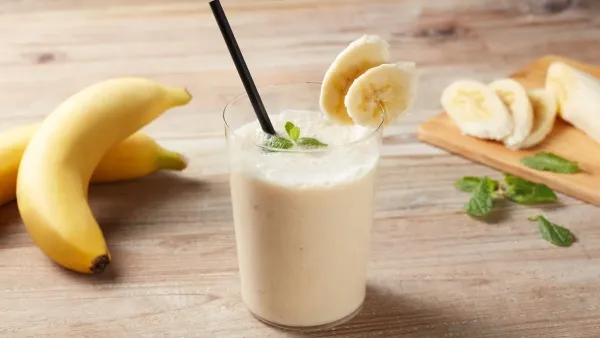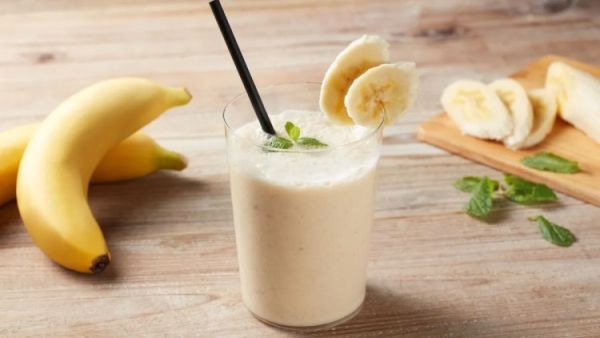
Food Combinations Low in Calories: It’s important to consider the number of calories in the foods you choose before starting a weight reduction program. The foundation of a weight reduction diet is the straightforward idea of eating a calorie deficit, which occurs when your daily caloric intake is less than the caloric expenditure of your body. In addition to slowing down your metabolism and making it more difficult to lose weight over time, eating more calories than you need each day may cause weight gain.

You may create a customized meal plan that meets your specific nutritional demands, weight reduction objectives, and energy requirements if you know exactly what to cut out of your diet. But even if they seem nice and healthful, a lot of common meal pairings are really heavy in calories and might make it harder to lose weight. Here are a few common calorie-dense meal combos that you should absolutely stay away from when trying to lose weight.
Overindulging in rice, a meal heavy in carbohydrates, may result in weight gain. Portion management is essential even though it’s readily digested. Given that both rice and potatoes are heavy in calories and carbs, combining them is very unhealthy. Small amounts by themselves are safe, but when combined, they may result in excessive weight gain and calorie increase.
Your attempts to lose weight might also be undone by the practice of serving tea and cold beverages with nibbles. Due to their high sugar and preservative content, processed snacks like cookies and biscuits may lead to weight gain and acidity. Deep-fried foods make the problem worse and eventually cause excessive weight gain. To lessen these adverse consequences, choosing healthier options is crucial.
Although milk and bananas are both nutrient-dense meals on their own, eating them together may counteract their advantages and cause weight gain. The combination may result in a calorie imbalance and slow down digestion. It is advised to eat them separately to prevent this, giving them at least 20 to 30 minutes between meals to maximize their nutritious content.
Consuming too much protein might cause digestive problems and unintended weight gain. Eat foods high in protein, such as lentils and chicken, during different meals to prevent this. They should not be combined, as this may result in indigestion and bloating. Protein consumption should be spaced out to promote proper digestion and lower the chance of discomfort and weight gain.
Dessert at the end of meals might put too much strain on the digestive tract. When sweet snacks are added to a full stomach, the gut is overworked and digestion is hampered. The improper mix of foods might make it more difficult to lose weight. To lessen digestive pain, wait a few minutes after dinner before enjoying dessert. This will enable your stomach to partly digest the food.